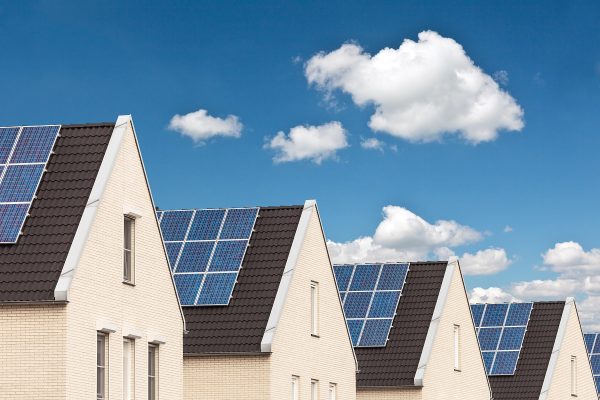A Look at the Impact of Energy Saving on the Environment
Most forms of electricity generation utilize fuels. The generation also results in the emission of greenhouse gases, which have a negative environmental impact. Research has proven that greenhouse gases deplete the ozone layer, allowing the passage of UV rays into the earth’s atmosphere. The aim of energy efficiency is, therefore, to reduce both the amount of fuels utilized and the gases emitted as a result.

Alternative sources of energy
Not all forms of electricity generation rely on fuels. Electricity may be generated from wind and solar power in Salt Lake City. The former may be utilized for individual use. There are companies in Salt Lake City that deal with solar power installation. The installation may be for purposes of solar water heating. This especially saves a lot of expenses in the form of heating bills. Other than for water heating purposes, solar power may be used for general lighting purposes. Solar power electricity can replace other forms of power anywhere from 20 to 100 percent, depending on the capacity of the solar cells to be installed. With current advancements in solar power technology, the solar cells are able to absorb energy even when the weather is not exclusively sunny. This has made solar power to be more reliable than in the past. For bigger institutions, wind power may come in handy. However, unlike solar power, wind power requires the analysis of other variables to determine the suitability of an area for wind power.
Efficient light fittings
As a result of the impact of energy conservation on the environment, there has been an emphasis on the adoption of efficient light fittings. That is in addition to switching off any lights that are not in use. For instance, households are encouraged to adopt energy-efficient light bulbs in favor of traditional bulbs. Such bulbs reduce a household’s energy consumption, resulting in lower power bills. It is, therefore, an initiative that benefits all parties in general. Similarly, you may have noticed the overemphasis by consumer electronics companies regarding their energy-efficient appliances. The aim is to reduce the stress on natural resources, such as fuels, which are used to generate electricity. Such resources are non-renewable, and, therefore, if not efficiently used may be depleted.
Recycling

This is an essential facet of energy efficiency. A lot of heat energy is spent in melting metals, plastic, and glass to either purify them or mold them into useful forms. The cost of recycling waste metallic cans is only a fraction of the cost that would be incurred in making the same metallic can from its primary raw materials. Furthermore, recycling reduces the quantity of waste materials deposited in landfills. It becomes counterproductive to bury materials that would be recycled and converted into a useful form. Recycling not only conserves the environment but also generates income as a result.
The efficient use of energy reduces the degree of exploitation of natural resources. Exploitation not only results in the risk of depletion but also gives rise to the emission of greenhouse gases. Therefore, it is pro-life to use energy efficiently.
















